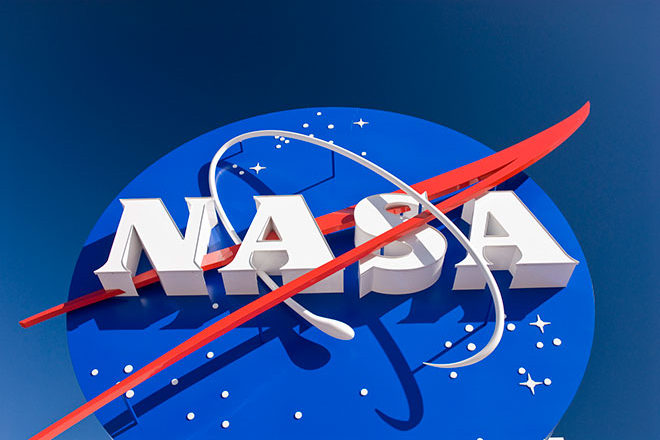Washington, April 2 (IANS) NASA has slammed India’s anti-satellite missile (A-SAT) test last week saying it has increased risk to the International Space Station (ISS) and may launch a race of sort among countries to repeat the feat.
NASA administrator Jim Bridenstine on Monday said the A-SAT missile’s successful targetting of a live satellite on a low earth orbit (LEO) within three minutes, that created at least 400 pieces of orbital debris, has increased risk to the ISS.
“That is a terrible, terrible thing to create an event that sends debris at an apogee that goes above the ISS,” CNN quoted Bridenstine as saying at a live-streamed NASA town hall on Monday.
Of the 60 pieces of debris that could be tracked, 24 went above the apogee of the ISS — the point of the space station’s orbit farthest from the Earth, the CNN reported on Tuesday.
“That kind of activity is not compatible with the future of human spaceflight,” he said. “When one country does it, then other countries feel like they have to do it as well.”
“It is not acceptable for us to allow people to create orbital debris fields that put at risk our people,” he added.
On March 27, Prime Minister Narendra Modi announced that India has achieved a “historic feat” with A-SAT capability and has become a space power joining only three others — US, Russia and China — in an elite club.
The very next day, Bridenstine told the US House of Representatives Commerce Justice and Science Subcommittee that deliberately destroying a satellite and creating space debris was “wrong”.
The Indian Ministry of Foreign Affairs though had in a statement made it clear that the test was conducted in “the lower atmosphere to ensure that there is no space debris” and “whatever debris that is generated will decay and fall back onto the Earth within weeks”.
However on Monday, Bridenstine said the “test has increased the risk of small debris hitting the ISS by 44 per cent over the 10 days immediately afterward”, the CNN report noted.
“It’s unacceptable, and NASA needs to be very clear about what its impact to us is,” he added.
“We are charged with enabling more activities in space than we’ve ever seen before for the purpose of benefiting the human condition, whether it’s pharmaceuticals or printing human organs in 3-D to save lives here on Earth, or manufacturing capabilities in space that you’re not able to do in a gravity well.
“All of those are placed at risk when these kind of events happen.”
Bridenstine also contradicted himself saying India’s test was conducted low enough and that “over time, this (debris) will all dissipate”, with the ISS and all astronauts on board safe.
SUBSCRIBE TO OUR VIDEO NEWS CHANNEL!





